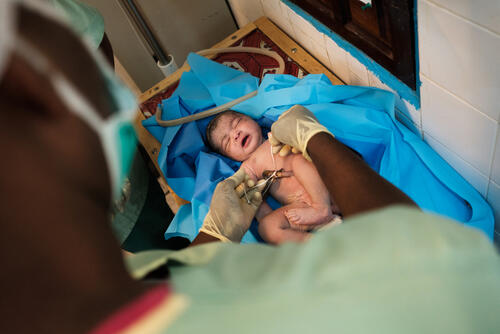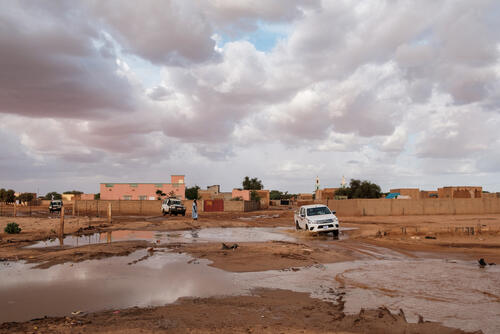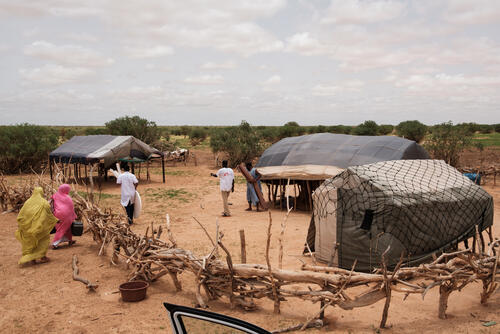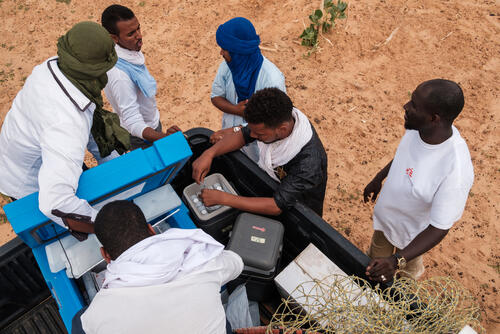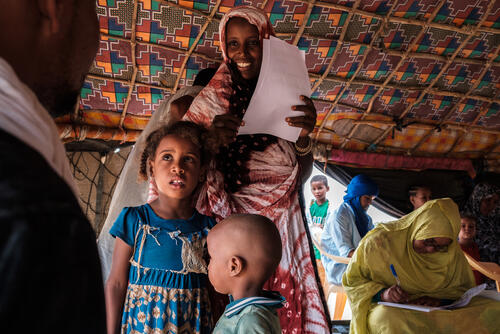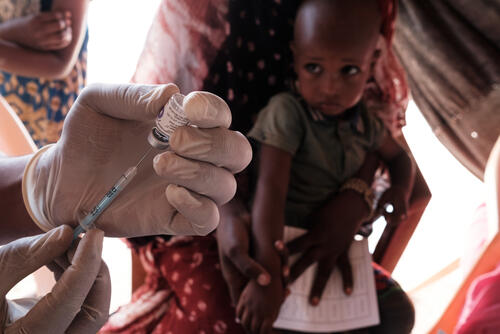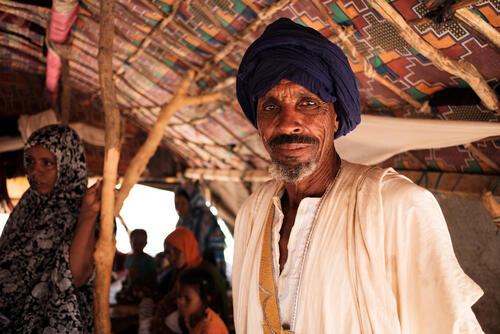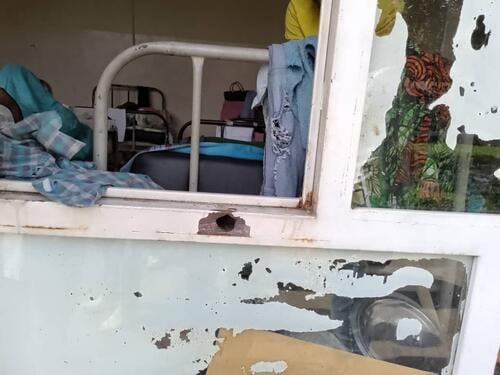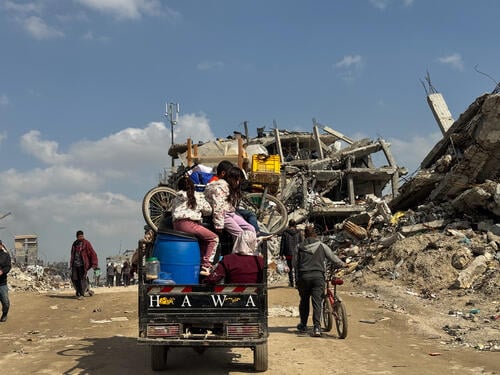Six years after the launch of an emergency intervention in Bassikounou, southeastern Mauritania, to respond to the needs of refugees fleeing conflict in Mali, Médecins Sans Frontières (MSF) has handed over our activities to the international non-governmental organisation ALIMA (The Alliance for International Medical Action).
“Despite the volatility of the context, the situation in Mbéra camp and the surrounding districts is now much more stable,” said Rene Colgo, MSF’s Head of Mission in Mauritania. “As an emergency medical organisation, we will keep monitoring the health and epidemiologic situation in the country and we remain ready to intervene in case of need.”
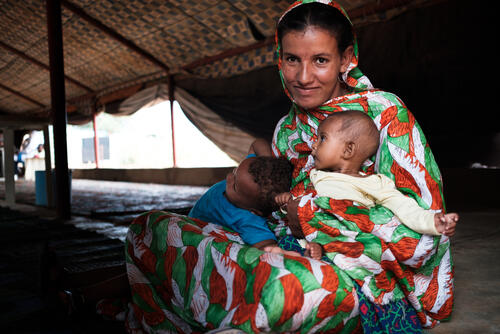
A million consultations in six years
Immediately after the start of the conflict in Mali, in February 2012, MSF launched medical and nutritional activities in Mauritania for refugees fleeing the violence, as well as for local people. We subsequently offered emergency and primary healthcare to refugees in Mbéra refugee camp and to the host communities in Bassikounou and Fassala districts. Our teams worked in several health centres in Mbéra, Bassikounou and Fassala, and provided support to two additional clinics in the area and to the regional hospital of Nema, in order to guarantee access to free healthcare for the most vulnerable people.
Between 2012 and 2018, MSF undertook more than one million consultations in collaboration with the Mauritania Ministry of Health. These included pre- and post-natal care, family planning, obstetrics and neonatology, chronic and infectious diseases, and nutritional care programmes. From 2013 to 2018, over 8,500 people were hospitalised in Bassikounou and from 2014, almost 1,500 surgical interventions took place, including orthopaedics, visceral surgery and caesarean-sections (the latter making up one-third of all operations). We also implemented an innovative project for treating chronic diseases like hypertension and diabetes, with a cohort of more than 1,000 patients. In 2017, a mental health project that provided support to around 100 refugee patients was started. In addition, we built an obstetric unit in Barkeol health centre and provided equipment and supplies.
In 2018, before handing over our activities, MSF launched a multi-antigen vaccination campaign in Mbéra camp and in Bassikounou district, with two rounds organised in August and in October. More than 7,000 children up to the age of 5 years old, as well as 18,000 women, were vaccinated against diseases including diphtheria, tetanus, polio, tuberculosis and measles.
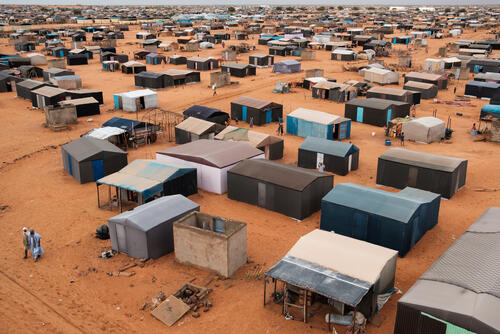
Sustainable medical response in a stable environment
According to UNHCR figures from November 2018, Mbéra camp still hosts 57,000 refugees from Mali, whose return remains compromised by the unstable situation in the country. The humanitarian situation in Mbéra camp is now more stable, meaning that the focus can shift from an emergency humanitarian response to one concentrated more on health and development.
Based on this analysis, at the end of 2018 MSF teams handed over our activities to ALIMA, who have the capacity and experience to work in post-emergency contexts, and to support vulnerable people and help reinforce their resilience.
“This expertise will be our most valuable asset in Bassikounou and in Mbéra camp, as we continue to care for local and host populations,” explained Mahaman Saley, ALIMA coordinator for emergencies and mission openings.
Since 2009 ALIMA has been present in around 10 countries in West and Central Africa and will take over activities with the support of the UNHCR, and in partnership with the Ministry of Health. MSF remains ready to intervene in case of new humanitarian emergencies in Mauritania or elsewhere in the Sahel region.
Médecins Sans Frontières (MSF) has been present in the Sahel region since 1981 and in Mauritania since 1994, providing care to the most vulnerable populations. Today, MSF teams are deployed in more than 15 projects in countries including Burkina Faso, Mali, Niger and Chad where they provide primary, paediatric and maternal healthcare (pre- and postnatal care, family planning and obstetric care), respond to chronic and infectious diseases, undertake emergency surgery and run nutritional programmes. MSF teams are also deployed in the region (Mali and Chad) in order to respond to epidemics and emergencies.



